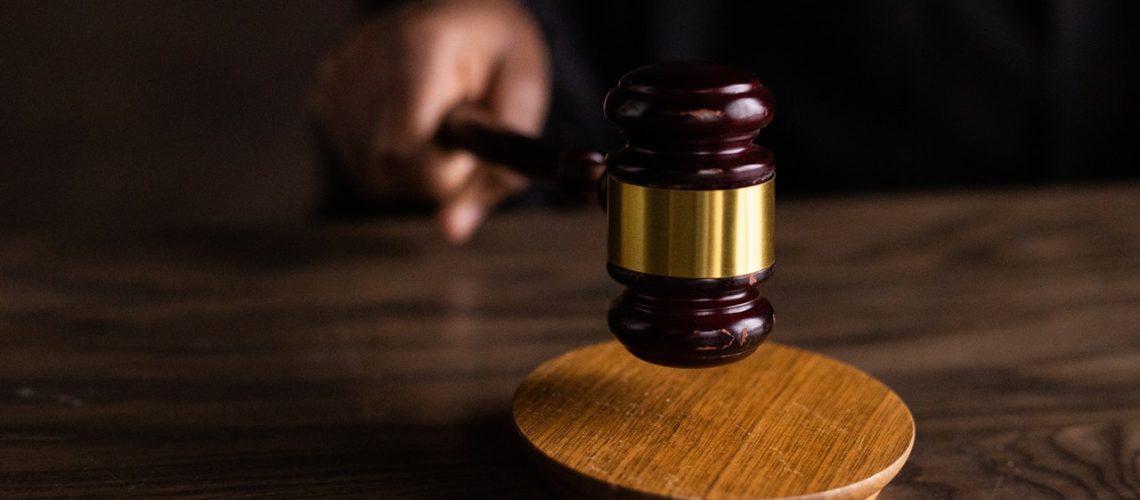Businesses big or small are never safe from lawsuits. Many things can go wrong that can lead to an employee, customer, or even your own partner filing against your company. If you are not careful, you can end up losing the case and pay a considerable amount enough to make you bankrupt. It is true that an experienced small business lawyer can help you mitigate risks and dodge a lawsuit. But it is the decisions you make and things you choose to ignore that can lead to public scandal.
Over the years, we have seen many businesses lose customers after cases were filed against them. Some lost their battle while others managed to win their case. Learning from the lawsuit experiences of other businesses can give us a thing or two on what we should do to avoid the same dilemma.
Here are some of the most famous businesses that got sued and lost their case.
Kellogg
In 2008-2009, Kellogg ran ads that claim its Frosted Mini-Wheats can boost kid’s brainpower. According to the ad, Kellogg’s sweet and shredded wheat cereal pieces can boost children’s memory and attentiveness. They even included a voice-over claiming that one study shows this particular cereal meal can boost kid’s attentiveness by 20%.
Naturally, the company faced backlash due to its deceptive marketing campaign. Michael Moss, a journalist, and author of Salt Sugar Fat wrote that the paid clinical study doesn’t fully support the claim. This is evident as many parents did believe the ad to be only true about the advertised Kellogg cereal product.
Numerous lawsuits were rolled into a single class-action lawsuit. In 2011, Kellogg paid $2.5 million to its consumers and another $2.5 million worth of their products donated to charity. This is despite the company’s claim that they did not do anything wrong.
The company, however, did change its wordings. Kellogg adjusted their communications to better comply with the Federal Trade Commission’s requirements. This shows us how important it is to stay transparent, be careful with our advertisements, and never make false claims when it comes to our products.

Coca-Cola
The multinational beverage corporation has been subjected to seen many discrimination lawsuits over the years. In 1999, however, a lawsuit against Coca-Cola was filed after black employees cried foul over their measly salary. According to the workers who filed the lawsuit, they get paid less than their white colleagues.
One plaintiff claims she’s been working for the company for 13 years. Despite her loyalty, she received a considerably lower salary compared to the white workers she supervises. The company did not deny the claims but said other workers only had similar experiences.
Black employees claim they suffer from unusually high rates of depression. Even black executives claim they often feel unacknowledged, ignore, and humiliated. It is only in 1997 when Coca-Cola’s racial bias caught the attention of the Department of Labor.
According to the Washington Post, Coca-Cola agreed a $192.5 million as a settlement for the racial bias lawsuit. The company agreed to review its diversity efforts and make the necessary changes when it comes to its employment practices. This teaches us to welcome diversity in the workplace and never judge people just because of their color, age, sexual orientation, etc.
McDonald’s
McDonald’s has been at the heart of numerous sexual harassment lawsuits for many years now. In 2021 alone, McDonald’s is facing three brand new sexual harassment cases. Workers claim that when they tried to complain about being sexually harassed, they were ignored, ridiculed, or retaliated against.
Despite the fast-food giant’s efforts to make changes in its workplace culture, many of its workers still complain of rampant sexual harassment in numerous restaurant locations. According to reports, up to 70% of men and 90% of women reports sexual harassment while employed at a restaurant.
McDonald made a number of moves to better protect their workers. Their corporate-owned restaurant chains are mandated to take Safe and Respectful Workplace training. But the problem lies in the company’s 90% franchisees who are not required to take the training.
Such cases may not be affecting McDonald’s reputation but sexual harassment is a serious case as is. Small business owners should never take such things for granted. You should implement strict policies to protect your workers against such malicious acts to avoid getting sued.
These are but three important business lawsuits every entrepreneur needs to know. These tell us to be truthful when advertising products and to take great care of our workers. Failure to do so can lead to costly lawsuits and a damaged reputation. This is the last thing you need as a startup business owner. So, make sure you take great care of your employees and be transparent to your customers.

